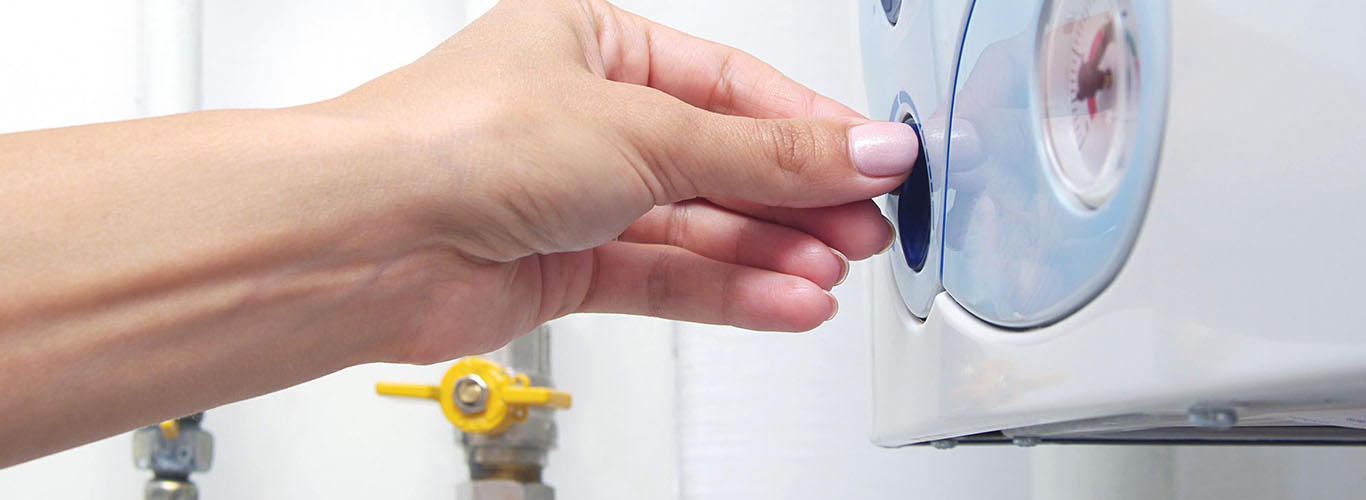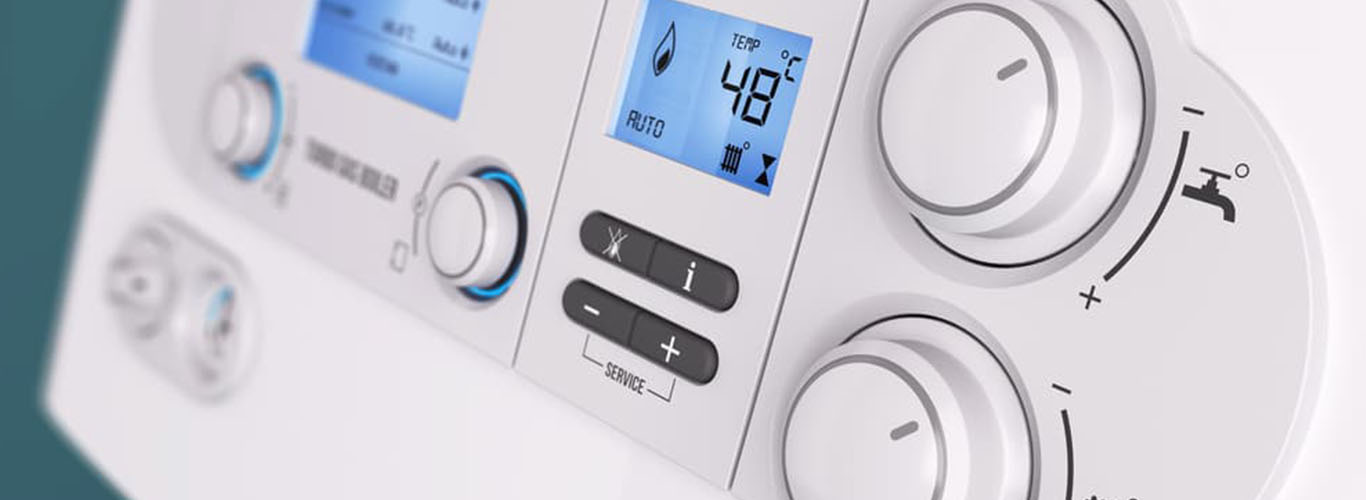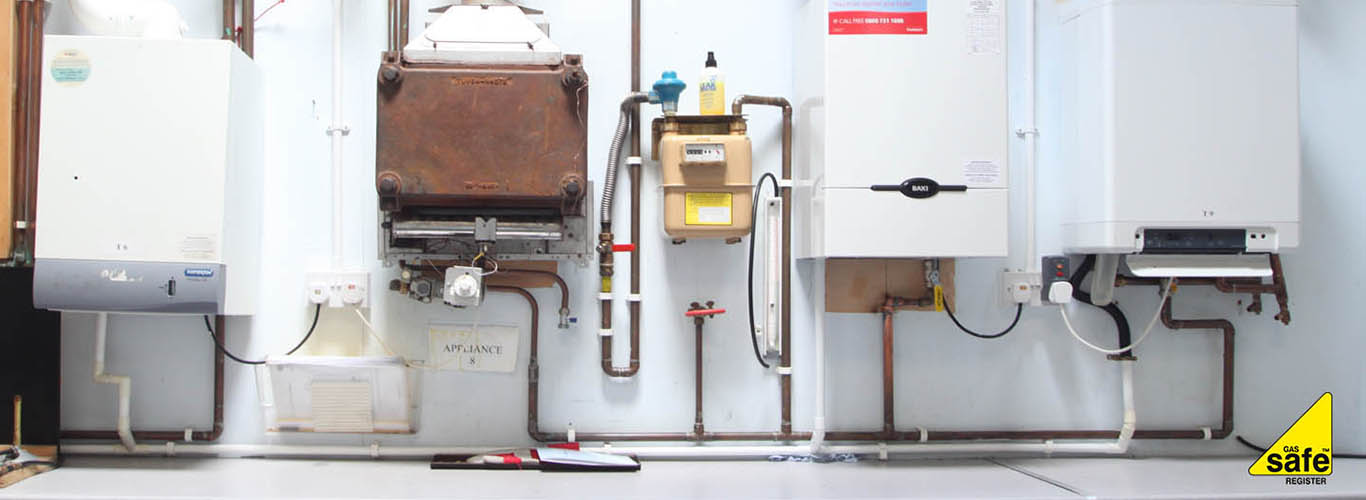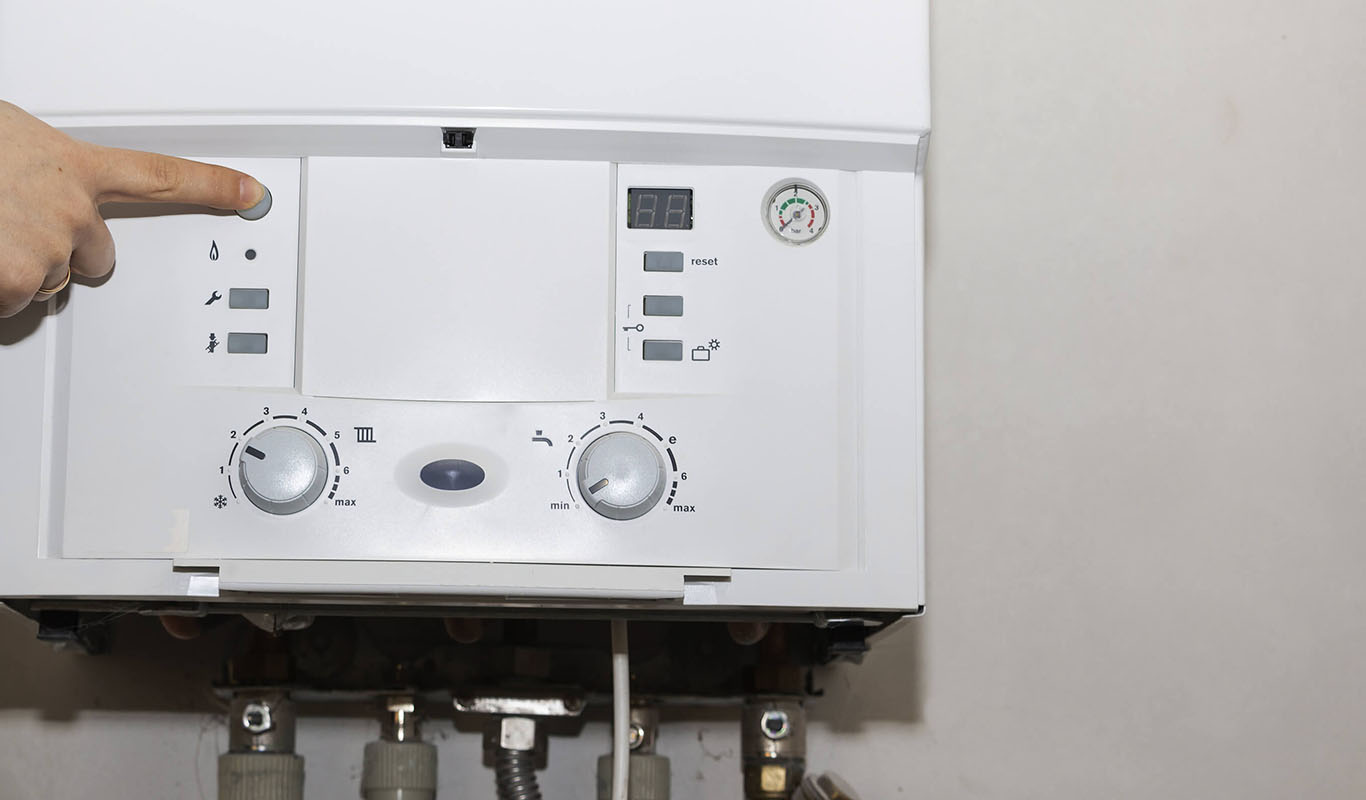Diagnose & Fix Intermittent Boiler Issues Quickly and Safely
If your boiler isn’t firing up at all—or only does so randomly—you’re likely dealing with a frustrating and potentially serious heating issue. Whether it’s leaving your home cold or giving you inconsistent hot water, this problem should never be ignored.
At A&C Heating and Plumbing Ltd., we’ve seen it all. Below is your practical guide to understanding what might be wrong and how to fix it—or when to call a professional Gas Safe engineer.
❌ Common Symptoms:
-
Boiler makes clicking noises but doesn’t ignite
-
Boiler starts, then shuts off suddenly
-
Heating works sporadically
-
Hot water works inconsistently
-
Display shows fault codes (e.g. F28, F29, L2)

🔎 Top Reasons Why Your Boiler Is Not Firing Up (or Randomly Firing)
1. 🔁 Ignition Failure
Ignition issues are a common cause for boilers not firing up. If the boiler tries to ignite but fails, it may lock out.
Possible causes:
-
Faulty ignition electrode
-
Weak spark
-
Low gas pressure
-
Flue blockages
🛠️ Solution: A Gas Safe engineer can test the spark electrode and ignition sequence.
2. 💧 Low Boiler Pressure
If your boiler pressure is below 1.0 bar, the system may not ignite.
🧰 Fix:
-
Check the pressure gauge
-
Re-pressurize using the filling loop
-
Aim for 1.2–1.5 bar
📉 Still not firing? Check for leaks or call us to investigate.

3. 🚿 Faulty Diverter Valve (Combi Boilers)
If your hot water works but heating doesn’t (or vice versa), your diverter valve may be stuck or faulty.
🔧 Only a professional can clean or replace this part.
4. 🌡️ Thermostat or Timer Faults
Your boiler won’t fire up if it doesn’t receive the correct signal from the thermostat or heating programmer.
🔌 Check:
-
Room thermostat is above ambient temperature
-
Timer is correctly set
-
Batteries (if wireless) are fresh
-
Smart thermostats are connected to Wi-Fi
5. ❄️ Frozen Condensate Pipe (Common in Winter)
Condensate pipes can freeze in cold weather, causing the boiler to shut down.
💡 Tip: Pour warm water (not boiling) over the pipe or use a heat pack to thaw it.
6. ⚠️ Faulty PCB (Printed Circuit Board)
If your boiler fires up randomly or keeps turning off, it could be a malfunctioning control board.
👨🔧 This is a complex and expensive repair—best handled by a certified heating engineer.
📟 What Boiler Fault Codes Mean
Some common fault codes for firing issues:
| Brand | Code | Meaning |
|---|---|---|
| Vaillant | F28 / F29 | Ignition failure / Flame loss |
| Ideal | L2 | Ignition lockout |
| Worcester | EA / A1 | Flame not detected / Ignition issue |
| Baxi | E133 / E168 | Gas supply fault / PCB fault |
🧠 Use these codes to help diagnose—but never attempt a gas repair unless qualified.
🧰 We Repair All Major Boiler Brands:
-
✅ Ideal
-
✅ Vaillant
-
✅ Worcester Bosch
-
✅ Baxi
-
✅ Glow-worm
-
✅ Ariston
-
✅ Ferroli

📍 Areas We Cover:
We offer fast callouts across North and West London, including:
🔹 North London:
Barnet, Finchley, Kentish Town, Camden, Edgware, Haringey, Enfield
🔹 West London:
Ealing, Hounslow, Chiswick, Brentford, Acton, Wandsworth
🛠️ Why Choose A&C Heating and Plumbing Ltd.?
-
✔️ Fast diagnostics and repairs
-
✔️ Fully Gas Safe Registered
-
✔️ Ideal and Vaillant specialists
-
✔️ Emergency callouts available
-
✔️ Transparent pricing & trusted local service
📞 Need Help? Book a Heating Engineer Today
Stop putting up with unreliable heating. Let our expert team get your boiler firing up properly—and safely.
📲 Call Us Now: 0779 559 5757
🚨 24/7 Emergency Boiler Repairs Across London

